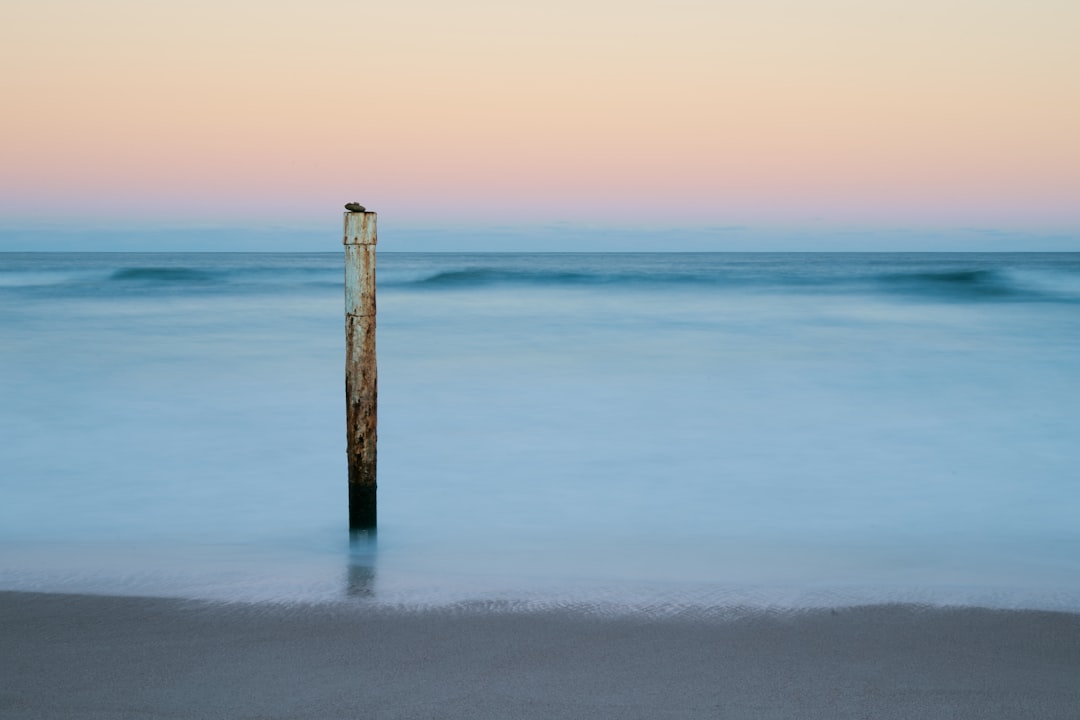77 utenti della rete avevano questa curiosità: Spiegami: Why does a person’s sleep schedule get messed up as soon as they don’t need to wake up early anymore, and did ancient people deal with this problem as much?
Spiegami: Why does a person’s sleep schedule get messed up as soon as they don’t need to wake up early anymore, and did ancient people deal with this problem as much?
Ed ecco le risposte:
The science seems clear that some people are night owls and some are morning larks. This is a natural rhythm that while it can be adjusted, is often done to the determinant of the individual.
A night owl no longer having commitments to wake up for at the arbitrary time of 8am will default, if allowed, to a more natural sleep and wake pattern. I say this as someone who works with an early morning wake up time but is about to fall asleep at 5: 22 am local time. Night owls often see health implications by being forced to adapt to a morning lark schedule.
People do seem to just be one way or the other however it also adjusts with age. Older people tend to sleep less hours and tend to drift closer to that of a morning lark for instance.
There is no reason to think that people in the past were any different however without modern lighting it was likely harder to be awake and productive at night.
Here is a quote from the book Why We Sleep by Matthew Walker. In the book, he states being a ‘night owl’ or ‘morning lark’ is largely genetic, and that roughly 40% of people are early risers, 30% night owls and the remaining 30% somewhere in between.
“You may be wondering why Mother Nature would program this variability across people. As a social species, should we not all be synchronized and therefore awake at the same time to promote maximal human interactions? Perhaps not. Humans likely evolved to co-sleep as families or even whole tribes, not alone or as couples. The benefits of such genetically programmed variation in sleep/wake timing preferences can be understood. The night owls in the group would not be doing to sleep until one or two a.m. , and not waking until nine or ten a.m. The morning larks, on the other hand, would have retired for the night at nine p.m. and woken at five a.m. Consequently, the group as a whole is only collectively vulnerable (i.e., every person asleep) for just four rather than eight hours, despite everyone still getting the chance for eight hours of sleep. That’s potentially a 50 percent increase in survival fitness.”

